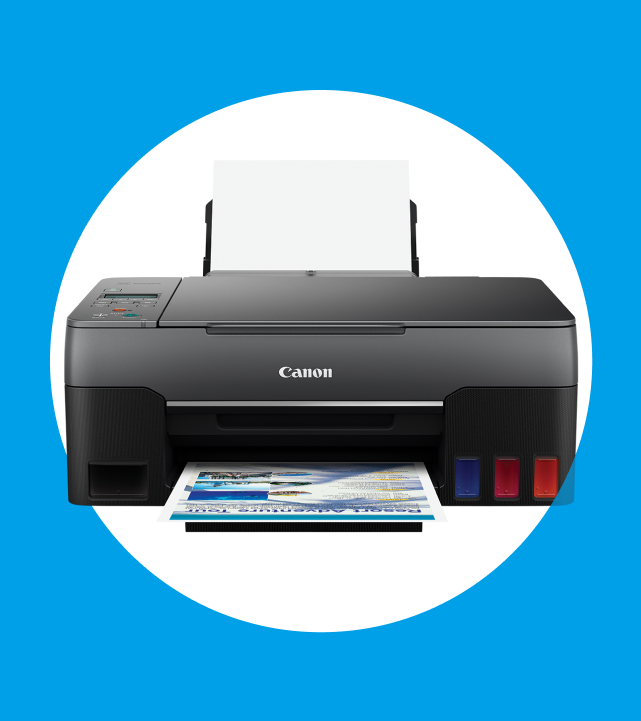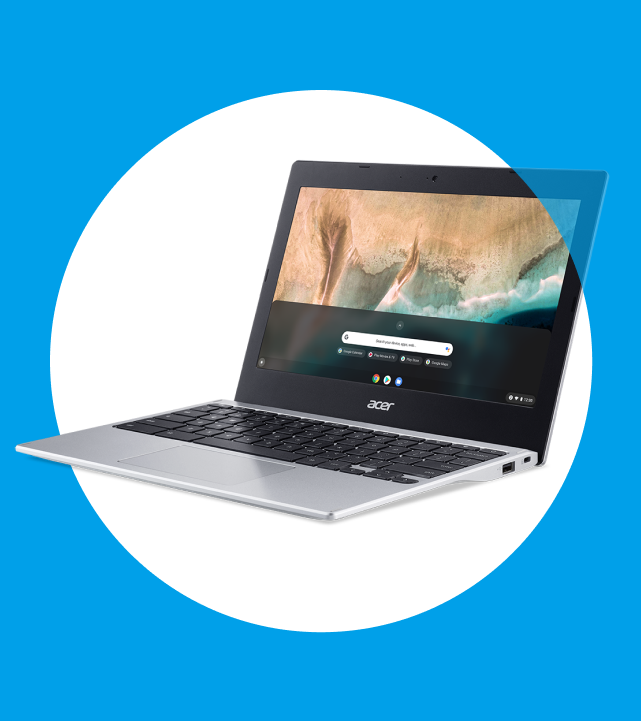GROWING PAINS
Minimising tax-time stress: four golden rules
1. Don’t put things off until the last minute
It’s obvious, right? Long before you have the IRD breathing down your neck for a tax return or money, you need to figure out these two things:
- What is the right amount of tax for me to pay?
- Do I have the money to pay this amount?
Yet, time and time again business people come to us in a blind panic near tax time needing these two questions answered yesterday.
Of course, you won’t know the exact answers to these questions until close to tax time, but as you’ll see below, there’s plenty you can do in advance to ensure you have a good enough idea.
2. Get set up
Accounting system
Don’t be like the many NZ small businesses that use pen and paper, or nothing at all, to manage their books.
Set up a good accounting system to record all your business transactions with the minimum of effort. We recommend using a software service, such as Xero.
In the system, you’ll need to record all income generated from your business and all expenses that you incur in its running. This may sound simple, but there are some curly items. For example, income protection insurance is tax deductible, but life insurance is not. You may also run or manage a business which deals with overseas transactions. If so, you’ll need to understand whether or not you can claim GST on an overseas purchase (e.g. Google AdWords).
Bookkeeper
If you’re not confident about what goes where, or are as time-poor as most business people, then consider getting a bookkeeper to help input information into your system correctly. There is no shortage of good people out there, who we can connect you with – just get in touch on the number below.
Accountant
What blog from an accountant would be complete without a recommendation to use an accountant? We help make sense of your finances and prepare your accounts and tax returns. We also help ensure you are paying the right amount of tax, and have an idea of the size of your bill and when you need to pay it, as early as possible
For instance, let’s say the year to 31 March 2017 has just ended. Get your beautifully prepared accounts to an accountant by the end of April 2017 and they should be able to calculate the tax for you by the end of May 2017. The tax isn’t payable on this year until 7 May 2018! So you will have nearly a year to find the money.
Note, however, that if you are in your second year of trading you can get hit by a double whammy of tax to pay. Discuss this with your accountant so you know exactly what tax you have to pay by when.
3. Digitise and save
Digitise all your important paper documents and save them along with your relevant electronic documents in an orderly way. Key documents to save include:
- Fixed asset invoices or large repair bills over $500
- Business insurance documents
- All new loan and lease agreements
- All sale and purchase agreements
- Any legal bills
- RWT certificates
- Year-end bank, credit card and loan statements
Ideally, you’d save them to your accounting system, but there are alternative solutions, such as Google Drive. Whatever you choose, aim for a solution that is easy to use and secure, yet shareable.
In addition, keep any significant entertainment invoices handy so the accountant can check if they are deductible or not. Or put detailed descriptions of this spending in your accounts.
And make your accountant really happy by counting your stock at 31 March, if it’s worth over $5,000 in value.
4. Keep things simple
This final rule is a general one.
Business can get complicated. And when it does, accounting records and systems often follow suit. If you’re adding complexity – which will, inevitably, add cost – then make sure you’re getting a good return. Sometimes it’s worth it, sometimes it’s not.
For example, avoid burdening yourself with multiple companies, trusts and structures. They are rarely worth the hassle.
Only use multiple codes for different items if the different codes genuinely help you run your business. Sometimes more information leads to poorer decision-making or less business agility.
And as mentioned above, set up a system for recording your business income and expenses directly, in one place. Some businesses keep paper invoices, which they then enter into a spreadsheet, which then gets sent to an accountant, who inputs it into some software! This is unnecessarily complicated.
Bonus Christmas tip
In the run up to Christmas, businesses typically incur some entertainment expenses. There are special tax rules regarding such spending:
- Entertaining customers at Christmas is only 50% deductible
- Entertaining your team at Christmas is only 50% deductible – unless it’s light refreshment of some sort, like a morning tea, in which case it’s 100%. But you don’t want to be stingy at Christmas, do you?
- All offshore entertainment is 100% deductible. Is it time to consider a Christmas Party in Fiji?
Finally, if you’re concerned about fees for accounting services, remember that the easier it is to find and interpret your financial information, the cheaper your accounting will be. This is another reason to keep things simple and get a good system in place. Also, ask your prospective accountant for a fixed price quote so there are no nasty surprises (Beany only works on fixed fees).
If you’d like to talk to one of our accountants about actively reducing your stress at tax time, find out more about us here or call us on 0800 755 333.



